A M E R I C A N
C O O K E R Y
T his edition of Amelia Simmonss American Cookery was reproduced by permission from the volume in the collection of the American Antiquarian Society (AAS), Worcester, Massachusetts. Founded in 1812 by Isaiah Thomas, a Revolutionary War patriot and successful printer and publisher, the Society is a research library documenting the life of Americans from the colonial era through 1876. AAS aims to collect, preserve, and make available as complete a record as possible of the printed materials from the early American experience. The cookbook collection includes approximately 1,100 volumes.
Published in 1796 in Hartford by Hudson & Goodwin, American Cookery is widely recognized as the first cookbook written by an American for American kitchens, and it is an important document in culinary history. According to the Historic American Cookbook Project of Michigan State University, The importance of this work cannot be overestimated. Its initial publication was, in its own way, a second Declaration of American Independence.

T A B L E O F C O N T E N T S
American Cookery copyright 2012 by American Antiquarian Society. Introduction, Glossary, Index copyright 2012 by Andrews McMeel Publishing, LLC. All rights reserved. No part of this book may be used or reproduced in any manner whatsoever without written permission except in the case of reprints in the context of reviews.
Andrews McMeel Publishing, LLC
an Andrews McMeel Universal company
1130 Walnut Street, Kansas City, Missouri 64106
www.andrewsmcmeel.com
ISBN: 978-1-4494-2398-8
Library of Congress Control Number: 2012938406
ATTENTION: SCHOOLS AND BUSINESSES
Andrews McMeel books are available at quantity discounts with bulk purchase for educational, business, or sales promotional use. For information, please e-mail the Andrews McMeel Publishing Special Sales Department:
INTRODUCTION
by MELISSA CLARK
We proceed to roots and vegetablesand the best cook cannot alter the first quality, they must be good, or the cook will be disappointed.
I n the current culinary landscape, there is a sharp focus on ingredient-driven cooking. Restaurants, chefs, and passionate home cooks have discovered, or rather, remembered, that the best dish is born out of the best ingredients. No amount of skill, equipment, or technique can make up for mealy tomatoes or bland cheese. Amelia Simmons knew thisknew it in such a way that would impress even the most devoted locavore of today. Her knowledge of her ingredients was staggeringnot only did she discuss various livestock breeds and produce varietals, but she also revealed a deep connection to their production and lifecycles. Amelia understood soil, animal feed, precipitation, and river currents, and how these aspects of food production could shape the ultimate products themselves. She encouraged her readers to use the best ingredients they could find.
If this sounds familiar, its because this philosophy is still at the heart of American cuisine. And American Cookery is the first truly American cookbook. It is here where we can find that quintessential American pairingturkey with cranberries. Amelia Simmons wrote recipes utilizing corn meal and Jerusalem artichokes, both New World ingredients. Before her book, American women had to figure out how to substitute these new-world ingredients into their familiar old-world recipes. Amelia spells it out, guiding cooks away from their colonial past and into their independent future. Her recipes draw a clear distinction between the foods of our former British rulers and the cookery of our brand-new nation. Naming recipes Election Cake and Independence Cake underscores her commitmment to, and celebration of, our nascent identity.
What little we know about Amelia Simmons, the woman, we know from Amelia Simmons, the author. She tells us frankly of her low birth, calling herself an orphan. It is through cooking that she was able to elevate her standing and achieve a certain degree of independence. Amelia adhered to those rules and maxims which have stood the test of ages and extolled her fellow American women to do the same. Its quite clear that she believed in the American Dreamthat with constancy, conviction, and courage, anyone could improve their lives.
In American Cookery, Amelia directly addresses both the rich housewife and the poor servant girl, bridging the gap between economic divides with egalitarian prose. In spite of her lack of education, Amelia is able to claim cultural authority via her culinary knowledge. And at a time when the swelling middle class was increasingly literate, this call to women of all ranks to realize their aspirations must have been quite attractive. With resourcefulness and strength, Amelia commanded women to rise beyond the constraints of their birth and their gender to achieve a sort of feminine ideal. While there is no question that American Cookery is a precious time capsule of the early American diet and palate, it is also a testament to the ingenuity and bravery of our foremothers.
Today, we seek out local, seasonal ingredients at their peak for unsurpassed quality, and of course, Amelia did, too. But while she was certainly motivated by excellence in her cooking, choosing to write about these native American ingredients was also a calculated political choice. Amelia was a locavore out of necessity, but her passion for American ingredients was also a political declaration. And while the contemporary American political landscape is quite different from that of the late eighteenth-century, food is as political as ever. Eating in America can be an activity teeming with choices and consequences, and, like Amelia, we should stop to consider all the implications of the foods we choose to purchase, cook, eat, and endorse. Centuries later, there is still much to learn from Amelia Simmons.

Melissa Clark is a food columnist for the New York Times and has written widely for for other publications, including Food  Wine and Bon Apptit. Her acclaimed cookbook In the Kitchen with a Good Appetite includes essays and recipes based on her popular New York Times Dining section column, A Good Appetite. Clarks most recent book, Cook This Now, is a personal collection of seasonally driven, inventive comfort food. All told, Clark has written thirty-two other cookbooks, many of them in collaboration with some of New Yorks most celebrated chefs, such as Daniel Boulud and Claudia Fleming. Her collaboration with chef Peter Berley, The Modern Vegetarian Kitchen
Wine and Bon Apptit. Her acclaimed cookbook In the Kitchen with a Good Appetite includes essays and recipes based on her popular New York Times Dining section column, A Good Appetite. Clarks most recent book, Cook This Now, is a personal collection of seasonally driven, inventive comfort food. All told, Clark has written thirty-two other cookbooks, many of them in collaboration with some of New Yorks most celebrated chefs, such as Daniel Boulud and Claudia Fleming. Her collaboration with chef Peter Berley, The Modern Vegetarian Kitchen



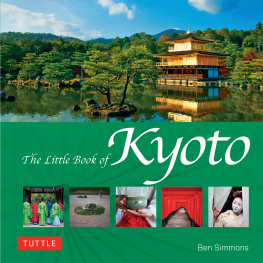
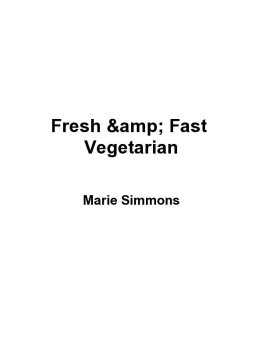


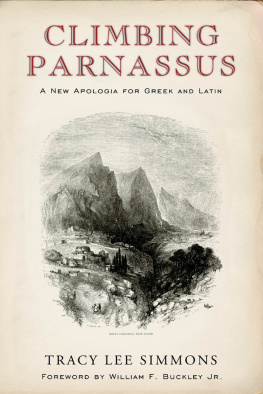
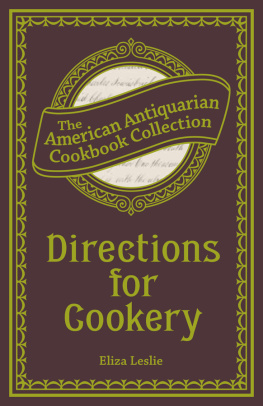
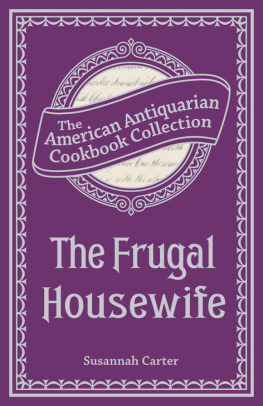
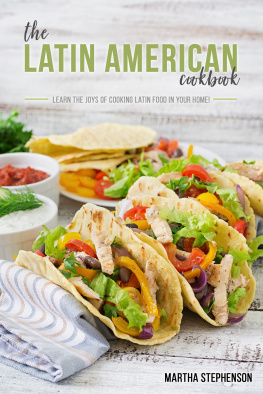
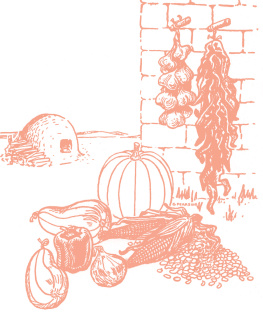
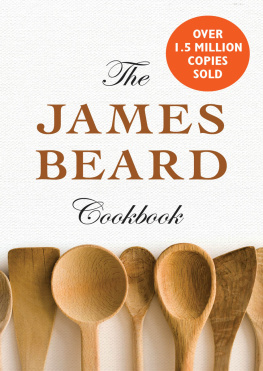
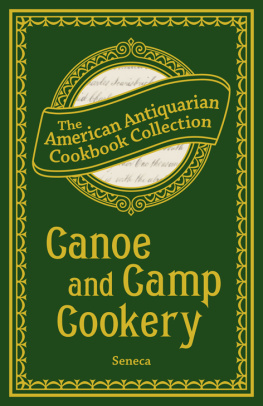
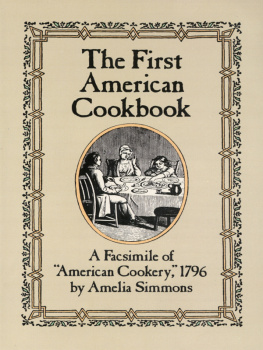
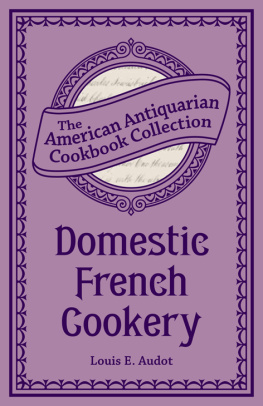
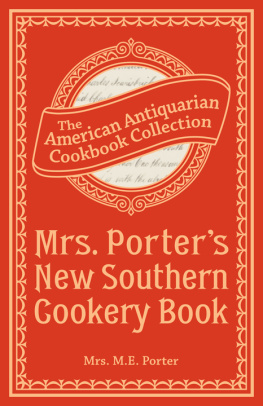





 Wine and Bon Apptit. Her acclaimed cookbook In the Kitchen with a Good Appetite includes essays and recipes based on her popular New York Times Dining section column, A Good Appetite. Clarks most recent book, Cook This Now, is a personal collection of seasonally driven, inventive comfort food. All told, Clark has written thirty-two other cookbooks, many of them in collaboration with some of New Yorks most celebrated chefs, such as Daniel Boulud and Claudia Fleming. Her collaboration with chef Peter Berley, The Modern Vegetarian Kitchen
Wine and Bon Apptit. Her acclaimed cookbook In the Kitchen with a Good Appetite includes essays and recipes based on her popular New York Times Dining section column, A Good Appetite. Clarks most recent book, Cook This Now, is a personal collection of seasonally driven, inventive comfort food. All told, Clark has written thirty-two other cookbooks, many of them in collaboration with some of New Yorks most celebrated chefs, such as Daniel Boulud and Claudia Fleming. Her collaboration with chef Peter Berley, The Modern Vegetarian Kitchen